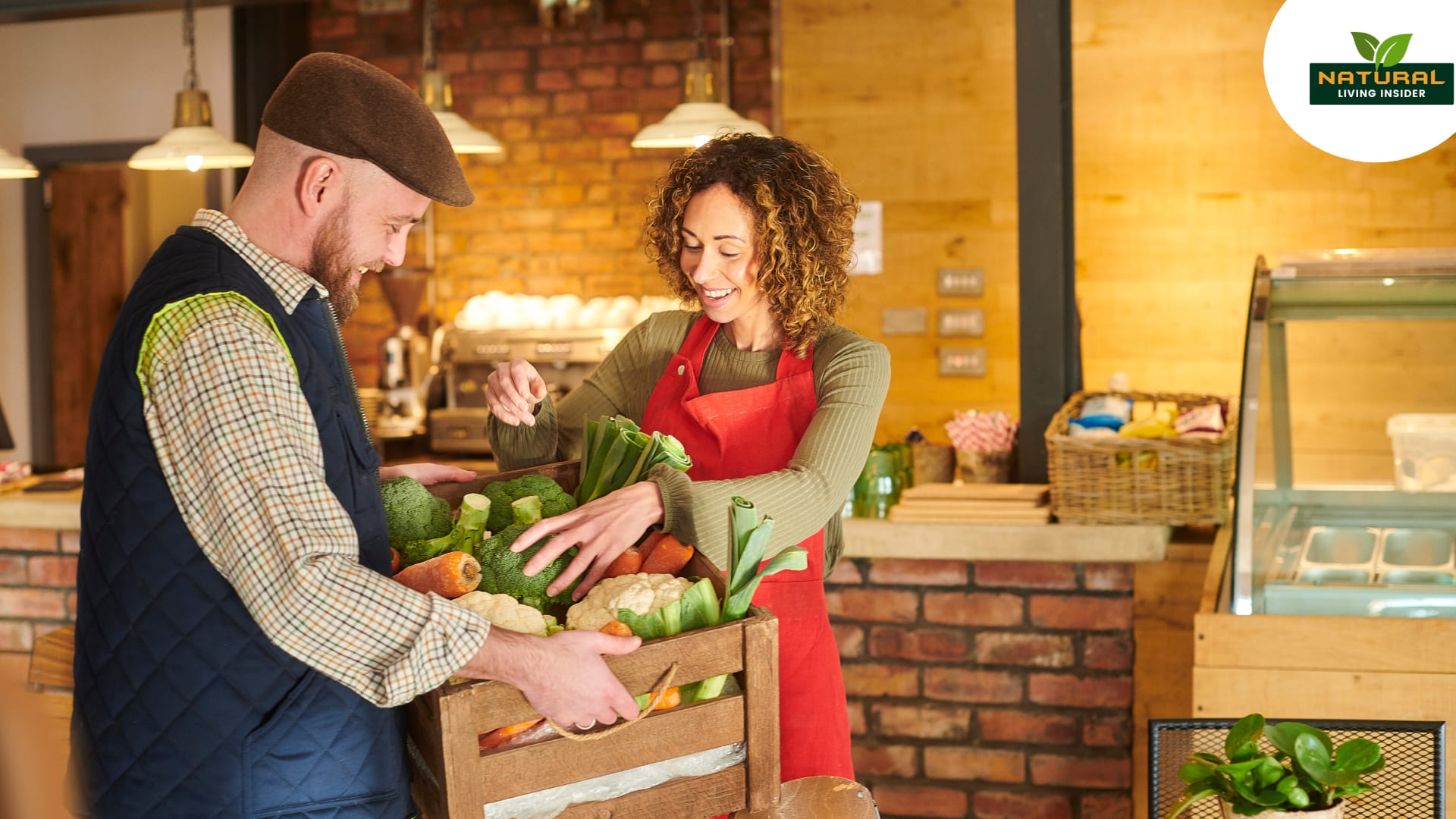
Learn to grow your own food, cook with seasonal produce, and enjoy mindful meal preparation for healthier, sustainable living. One of the best ways to achieve this is by embracing seasonal cooking. By growing your own food and preparing meals with care, you can unlock the full potential of seasonal produce. Here, we’ll explore seasonal cooking tips, how to grow your own food, and the art of mindful meal preparation.
Table of Contents
The Benefits of Cooking with Seasonal Produce
Seasonal produce is at its peak in flavor and nutritional value. Choosing fruits and vegetables that are in season offers a host of benefits:
- Better Taste: Seasonal produce is harvested at the peak of ripeness, delivering maximum flavor.
- Improved Nutrition: Seasonal fruits and vegetables retain more nutrients compared to out-of-season options that are often harvested prematurely.
- Cost Savings: Local, in-season produce is generally more affordable since it doesn’t require extensive storage or shipping.
- Sustainability: Eating seasonally reduces your carbon footprint by supporting local farmers and minimizing transportation emissions.
Seasonal Cooking Tips for Every Home Chef
- Know What’s in Season: Create a seasonal produce calendar to guide your shopping and cooking. For example, spring is perfect for asparagus and strawberries, while autumn brings an abundance of squash and apples.
- Shop Locally: Visit farmers’ markets to find fresh, locally-grown produce. You’ll often discover unique varieties that aren’t available in supermarkets.
- Experiment with New Recipes: Incorporate seasonal ingredients into your favorite dishes or try new recipes. Think roasted root vegetables in winter or vibrant salads in summer.
- Preserve the Harvest: Learn how to can, freeze, or dry excess produce so you can enjoy seasonal flavors year-round.
How to Grow Your Own Food
Growing your own food not only ensures a steady supply of seasonal produce but also deepens your connection to the natural world. Here’s how to get started:
- Choose the Right Location: Find a sunny spot with good drainage. Even small spaces, like balconies or windowsills, can accommodate containers or vertical gardens.
- Plan Your Garden: Research what grows well in your climate and season. Start with easy-to-grow options like lettuce, tomatoes, and herbs.
- Use Quality Soil: Invest in nutrient-rich soil to give your plants the best start. Composting is a great way to enrich your soil naturally.
- Practice Crop Rotation: Rotate your crops each season to maintain soil health and prevent pests.
- Harvest Mindfully: Pick your fruits and vegetables at their peak ripeness for the best flavor and nutritional value.
The Art of Mindful Meal Preparation
Mindful meal preparation involves being present and intentional throughout the cooking process. Here’s how to make your meals more mindful:
- Start with Gratitude: Take a moment to appreciate the journey your ingredients have taken—from seed to table.
- Engage Your Senses: Notice the vibrant colors, enticing aromas, and satisfying textures of your seasonal produce as you prepare it.
- Cook Slowly: Avoid rushing. Enjoy the rhythm of chopping, stirring, and seasoning as you create your dish.
- Simplify Your Meals: Highlight the natural flavors of your seasonal ingredients with minimal seasoning and simple cooking methods.
- Share the Experience: Invite family or friends to cook with you. The communal act of preparing and sharing food can be incredibly grounding.
Embracing Seasonal Living
Seasonal cooking and growing your own food align beautifully with a mindful lifestyle. Not only will you enjoy delicious, nutritious meals, but you’ll also cultivate a deeper connection to nature and your community. By following these seasonal cooking tips, starting your own garden, and embracing mindful meal preparation, you’ll be well on your way to creating a more intentional, sustainable way of living.





